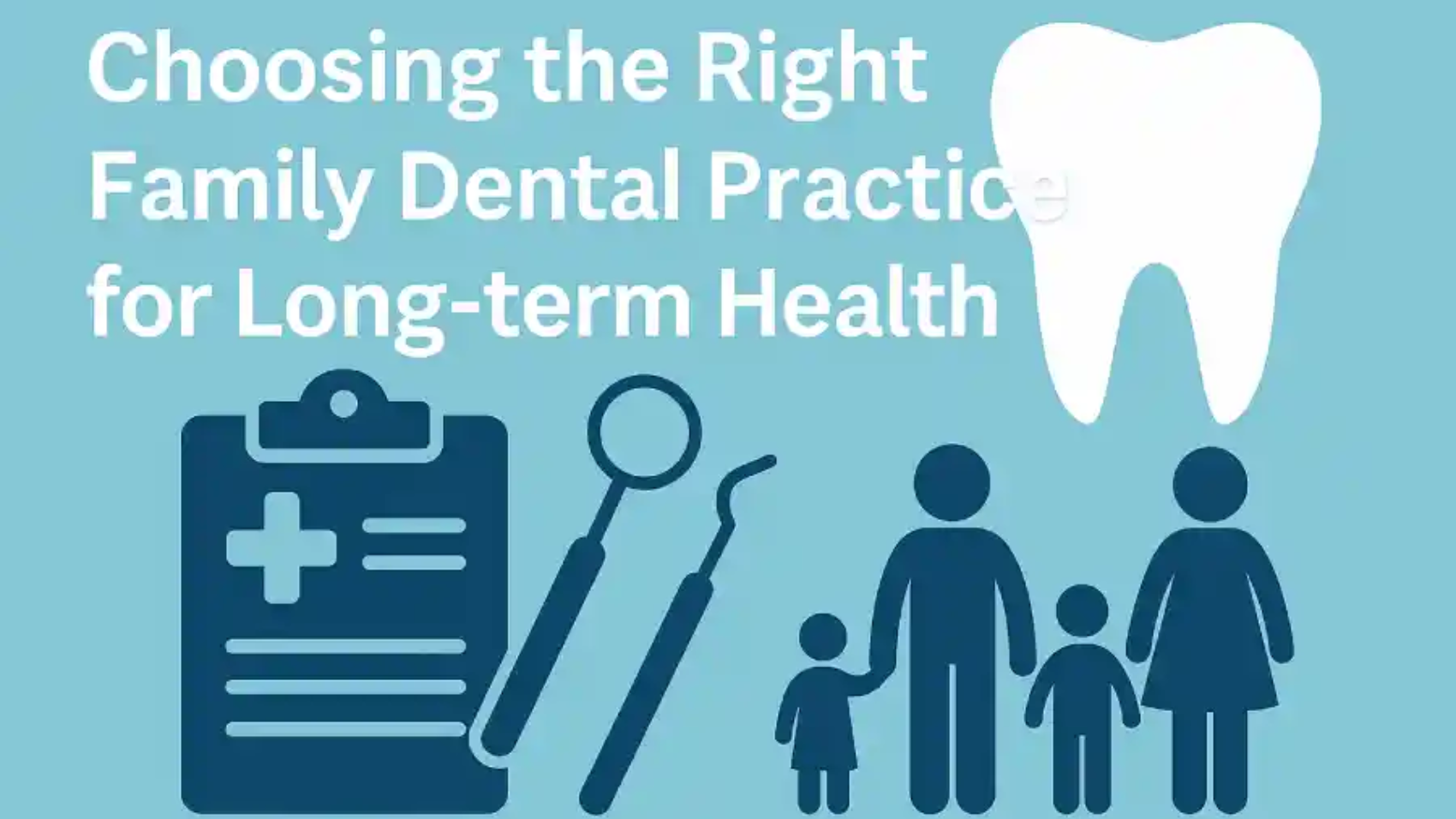Family dental practices provide comprehensive oral health services for patients of all ages within a single location. These practices provide convenience for families by allowing multiple family members to receive dental care from familiar providers. Understanding the services and benefits of family dental practices can help you make informed decisions about your family’s oral health needs.
What Is a Family Dental Practice?
A family dental practice is a dental office that provides oral health services to patients across a wide range of age groups. These practices differ from pediatric or adult-only dental offices by offering age-appropriate treatments under one roof. Family dentists receive training in general dentistry with additional knowledge about the specific needs of different age groups.
The structure of family practices allows for continuity of care across generations. This means your dentist can track oral health patterns and genetic predispositions that may affect multiple family members. Continuity of service allows dentists to develop comprehensive treatment plans that address both immediate needs and long-term oral health goals for each family member.
What Are the Available Services?
These practices offer a wide range of services designed to meet diverse oral health needs. Preventive care forms the foundation of dental services, including routine cleanings, fluoride treatments, and sealants. Family practices also offer diagnostic services, including X-rays and oral cancer screenings, to detect problems early.
Restorative treatments available at family dental practices include fillings, crowns, and root canal therapy. Cosmetic procedures, including teeth whitening and veneers, are also available. Pediatric services within family practices include guidance on proper oral hygiene techniques and treatments specifically designed for developing teeth and jaws. Adult services encompass tooth replacement options and management of age-related oral health concerns.
See Also: The Basics of Dental PPO Plans: A Practical Guide for Families
How Do They Promote Oral Health?
Family dental practices promote oral health through comprehensive preventive care programs tailored to each patient’s needs. These programs typically include regular check-ups, professional cleanings, and patient education about proper oral hygiene techniques. The frequency of visits may vary based on individual risk factors and oral health status.
Education plays an integral role in promoting oral health in family practices. Dentists may provide guidance on brushing and flossing techniques, dietary recommendations, and lifestyle factors that affect oral health. This education is age-appropriate and may involve demonstrations.
Early intervention strategies are another key component of oral health promotion. Family dentists can identify potential problems before they become serious, allowing for less invasive and more effective treatments. This approach is particularly beneficial for children, as early detection of issues such as misaligned teeth or cavities can prevent more complex problems later.
Which Practice Should You Choose?
Selecting the right family dental practice requires evaluating several factors. Location and office hours should align with your family’s schedule and transportation needs. Look for dentists who are licensed and have experience treating patients of various ages. Staff qualifications and patient reviews can provide insights into the quality of care provided.
Promote Long-term Oral Health Now
Family dental practices offer a comprehensive approach to oral healthcare that benefits the entire family. The convenience of receiving age-appropriate care in one location, combined with the continuity of long-term partnerships, makes these practices a helpful option for families. Regular visits to a family practice can help establish good oral health habits and prevent serious dental problems. Take the next step in protecting your family’s oral health by scheduling a consultation with a dentist today.


[…] Don’t stretch too hard—just a little is enough. Want to keep your body healthy? Check out how to choose the right family dental practice for long-term health—it’s like taking care of your […]